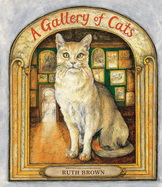NEIBA: Jon Meacham Calls Booksellers 'Soldiers in a Cause of Englightenment, Democracy, Dissent'
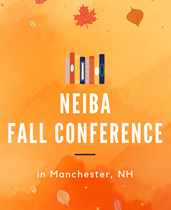 The country is facing "the most contentious, difficult, dispiriting moment since the 1850s," said historian, presidential biographer, journalist, and professor Jon Meacham, and booksellers are "vital" in whether or not "the American Republic is to long endure."
The country is facing "the most contentious, difficult, dispiriting moment since the 1850s," said historian, presidential biographer, journalist, and professor Jon Meacham, and booksellers are "vital" in whether or not "the American Republic is to long endure."
Meacham, whose new book, American Struggle: Democracy, Dissent, and the Pursuit of a More Perfect Union, will be published by Random House in February, gave the opening keynote of the New England Independent Booksellers Association Fall Conference, which began yesterday in Manchester, N.H.
His talk was at times hilarious--he does a perfect, funny imitation of President George H.W. Bush, the subject of one of his biographies--grim, and ultimately hopeful.
In one of the most serious parts, he said, "We are at our best when we recognize that we voluntarily devoted a national experiment to the patriotic idea" contained in "the most important sentence ever originally rendered in English, that 'all men are created equal and endowed by their creator with certain inalienable rights,' " a sentence, Meacham continued, that "has changed more lives around the world than any other and continues to do so. That has to be the North Star." Each era in American history can be judged "by the degree to which we have lived up to that sentence or by the depths we've fallen from it."
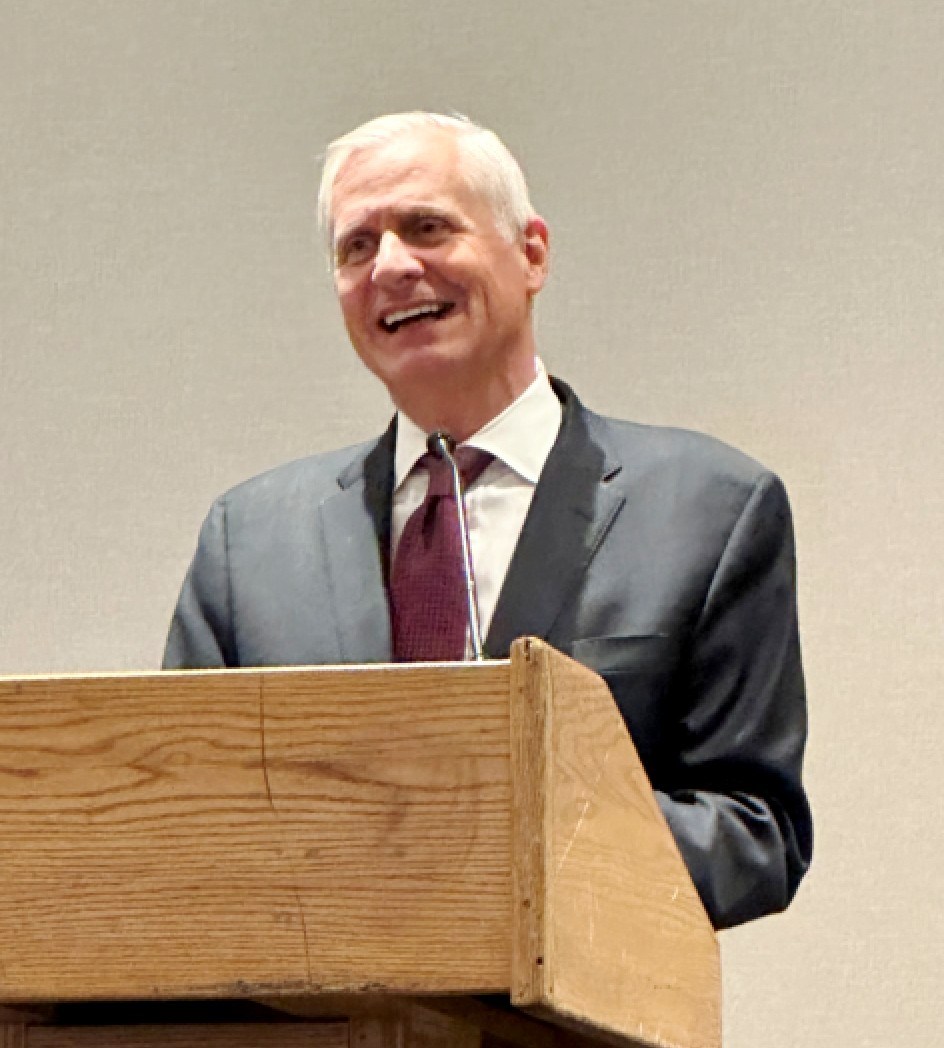 |
|
| Jon Meacham | |
The tension is always between nationalism--"broadly put, an allegiance to one's own kind, whether its skin color or geography or religion"--and patriotism--"an allegiance to an idea or creed," particularly of democracy. "Right now nationalism is beating the hell out of patriotism, but it doesn't have to be that way."
The present regime and its politics were "a choice that a dispositive number of American voters made," and "we can choose not to do this." Meacham pointed to the power of fear, defined by Aristotle as "the anxiety produced by the anticipation of the loss of something you love. Fear is elemental." By contrast, hope is "less elemental" and a "more difficult choice to make." When hope prevails, the best eras in American history occur, but it's always a struggle.
The country, he continued, needs to hear stories of hope, something that booksellers can do so well. "People don't want to be told what to think." Instead, "let's show them how other people have thought and what was produced....
"The stories you curate, the stories you sell, the stories you tell, will be part of any reclamation of or a recovery of the democratic experiment." Meacham noted, too, that "so many institutions in American life have bowed down to the sheer projection of power or the threat of that power, but so far publishing has not." (Although he did acknowledge that some self-censorship "might be occurring.")
Booksellers "didn't sign up" to fight for democracy "in wartime, but it's wartime," he went on. "You are soldiers in a cause of enlightenment, democracy, dissent, and in the classical sense, liberalism."
Meacham emphasized that even the heroes of democracy are flawed humans: "It's only human that if we're given a chance, we're more likely to grab as opposed to give." He called it "a reality" that goes back to the third chapter of Genesis. "The remarkable thing is that we managed to create a world that has incentives enough that we have the capacity to give a little bit.... A republic is the fullest manifestation of all of us," the best of us. "It's doing something that's not simply about fulfilling one's own appetite and ambition."
Meacham compared the state of the country today with the early 1920s, in the wake of a global pandemic; a horrible world war that "saw the rise of the technology of death" that made killing more efficient; and the Bolshevik Revolution, which sparked worldwide fears. In the U.S., there were crackdowns on civil liberties, suspension of due process, warrantless arrests, and the curtailing of free speech. The Scopes trial was "an attempt to disprove Darwin," and the expansion of the Ku Klux Klan was so great that 10 senators, 30 members of the House, and five governors were members. There were waves of vicious anti-Catholicism and antisemitism, and the passage in 1924 of the most restrictive immigration law "since 1798."
The reasons for those familiar trends are also familiar. Among them: in the early 1920s, there were huge demographic changes--for the first time more Americans lived in cities than on farms. Technological change was revolutionary and included the introduction of the radio, giving "people in Washington, New York, and Hollywood" a direct line into American homes and helped lead to the rise of Father Coughlin in the U.S. and "created the means by which Adolf Hitler could mesmerize the German people."
"History is division" and "it's okay to have arguments," he went on. Booksellers can provide "the infrastructure of that argument.... We fight and fight and fight as long as we do it with the rules, as long as one plus one equals two.... When you pick and choose which rule to follow and you suspend them, when you don't like the outcome, you break apart the covenant. That's what we have to stand against." Booksellers should tell the stories of "people who built and did not destroy, people who gave as opposed to people who took."
Meacham closed, "I believe that we have come through the darkness before. That is not a guarantee, but if we do, you will help light the way." --John Mutter







SHELFAWARENESS.1222.T1.BESTADSWEBINAR.gif)
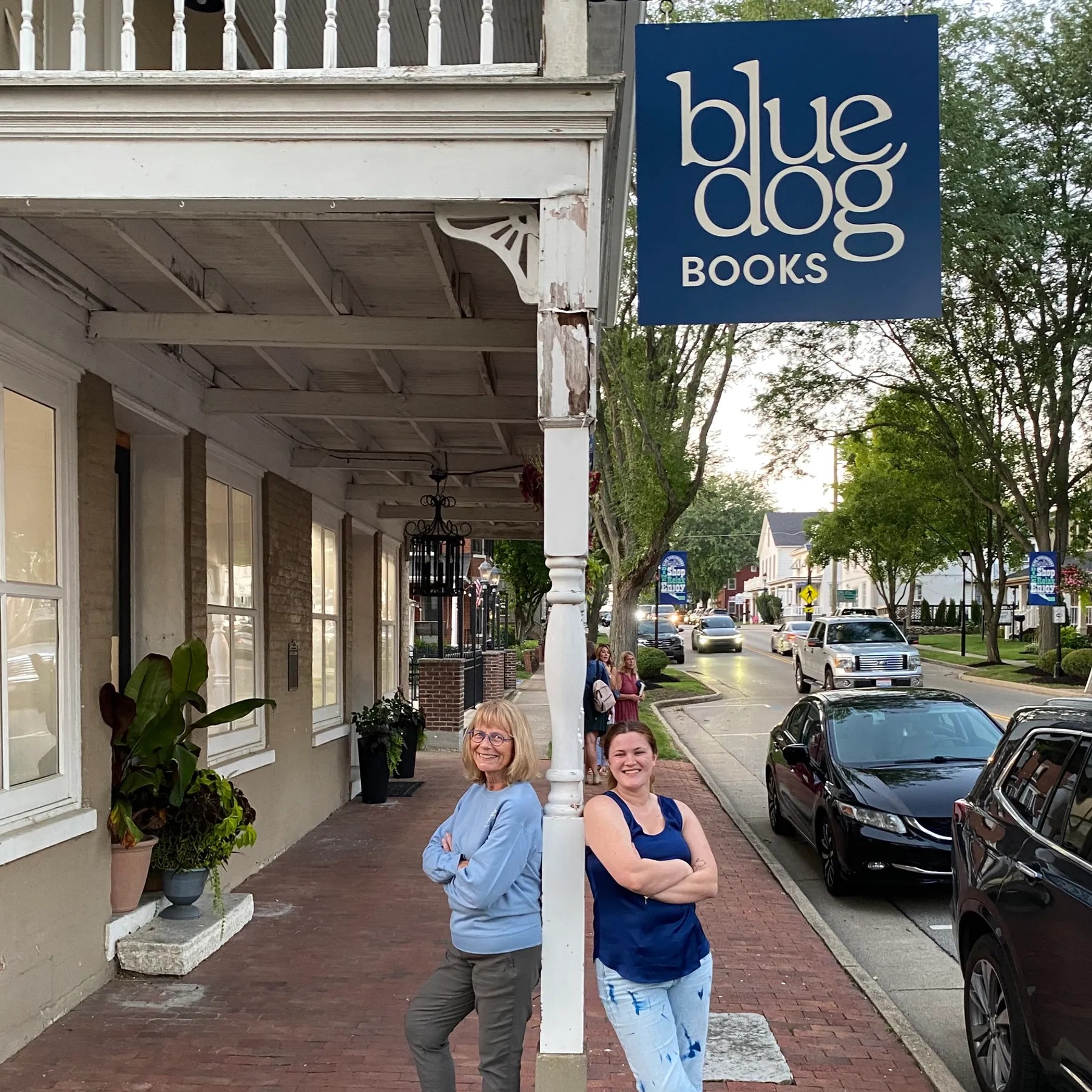
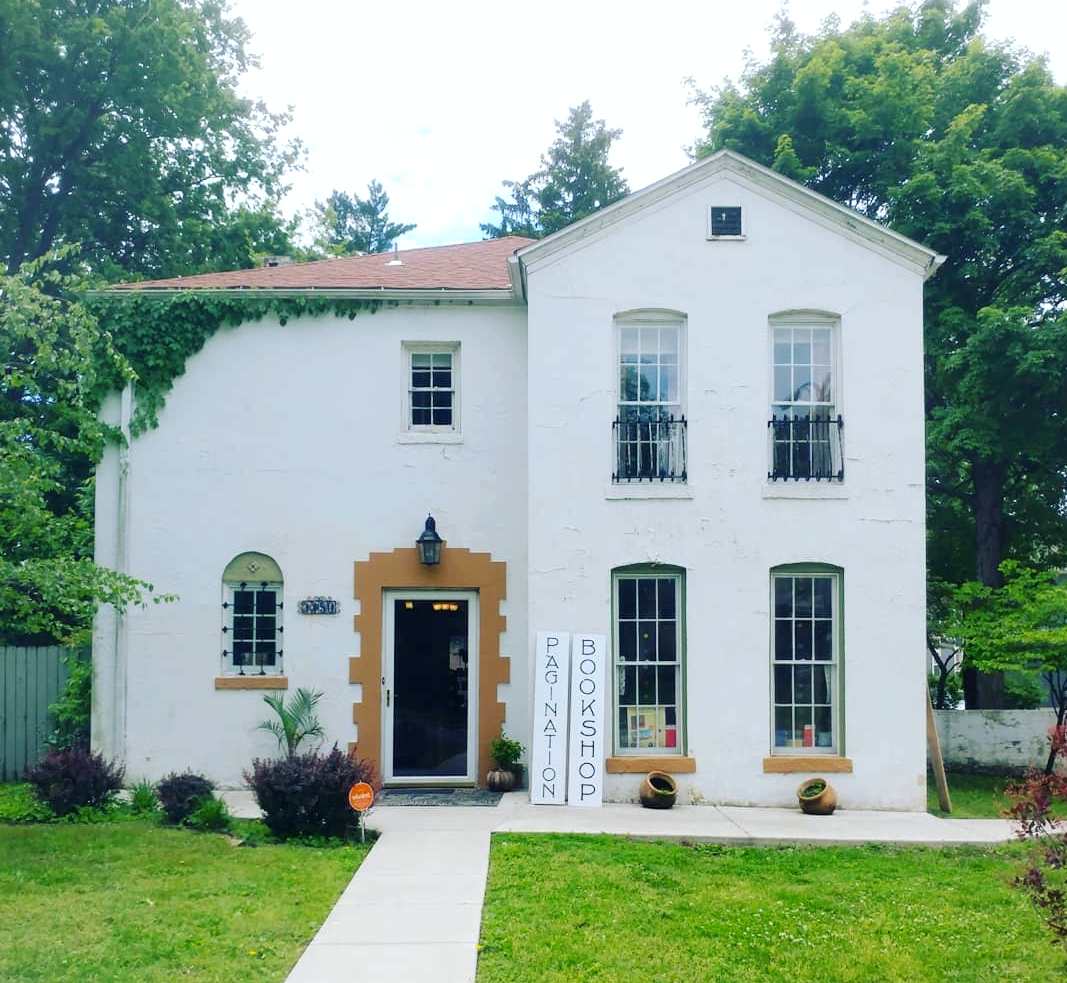
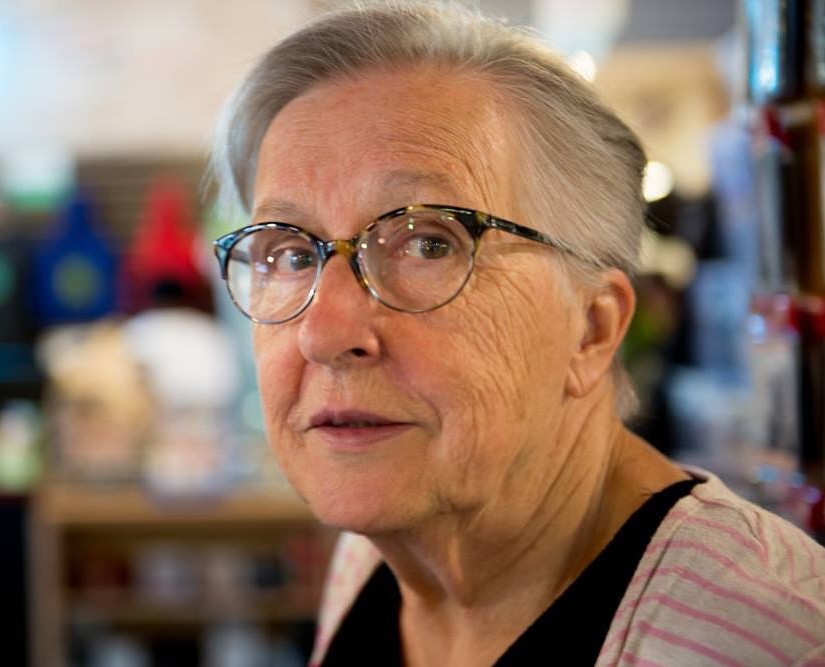
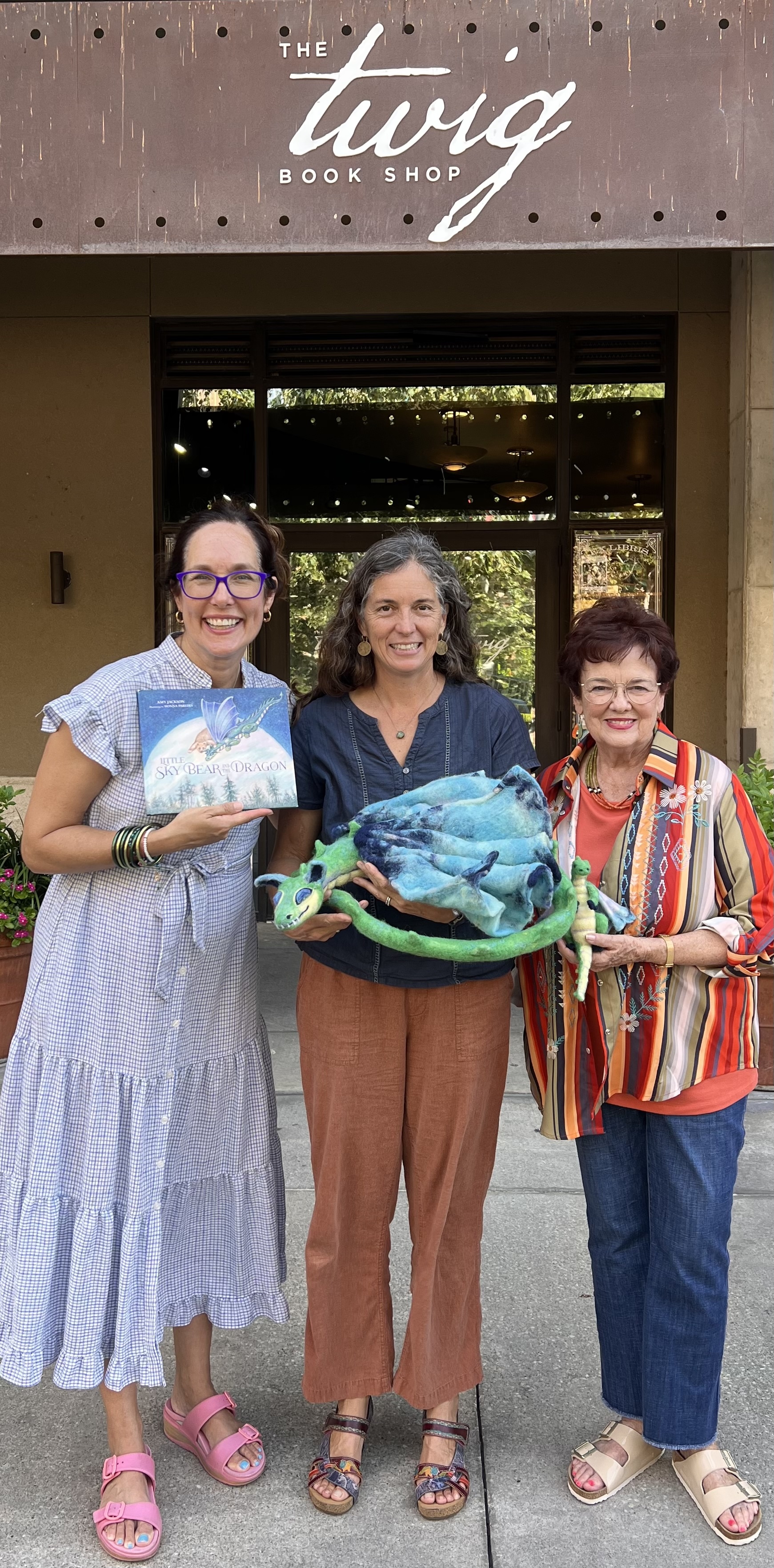 Astronomy educator and children's book author Amy Jackson did a Twiglet story time for Little Sky Bear and the Dragon (Stoney Creek Publishing) at the
Astronomy educator and children's book author Amy Jackson did a Twiglet story time for Little Sky Bear and the Dragon (Stoney Creek Publishing) at the 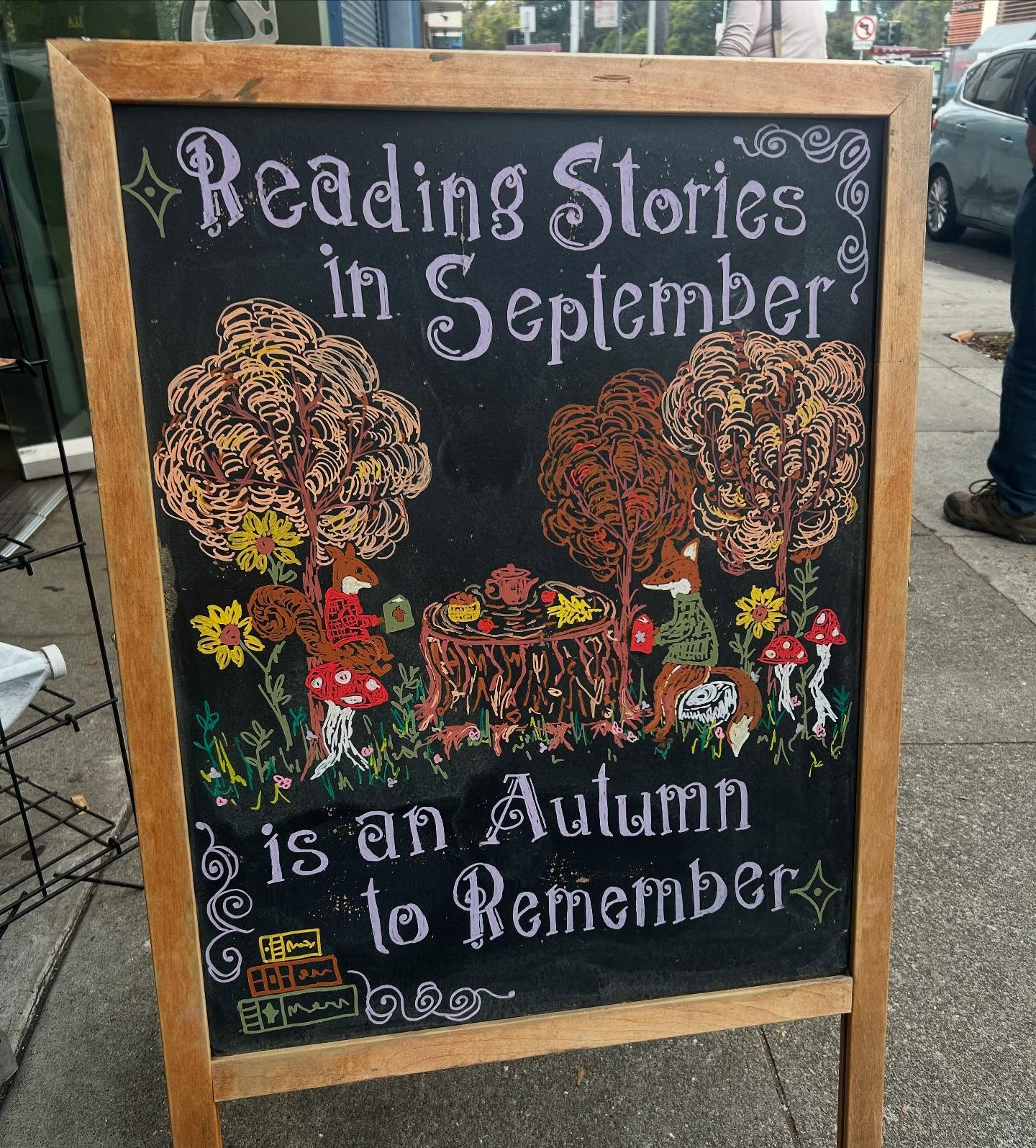 Green Apple Books on the Park
Green Apple Books on the Park Messi's Magic: How Lionel Messi Became the G.O.A.T.
Messi's Magic: How Lionel Messi Became the G.O.A.T.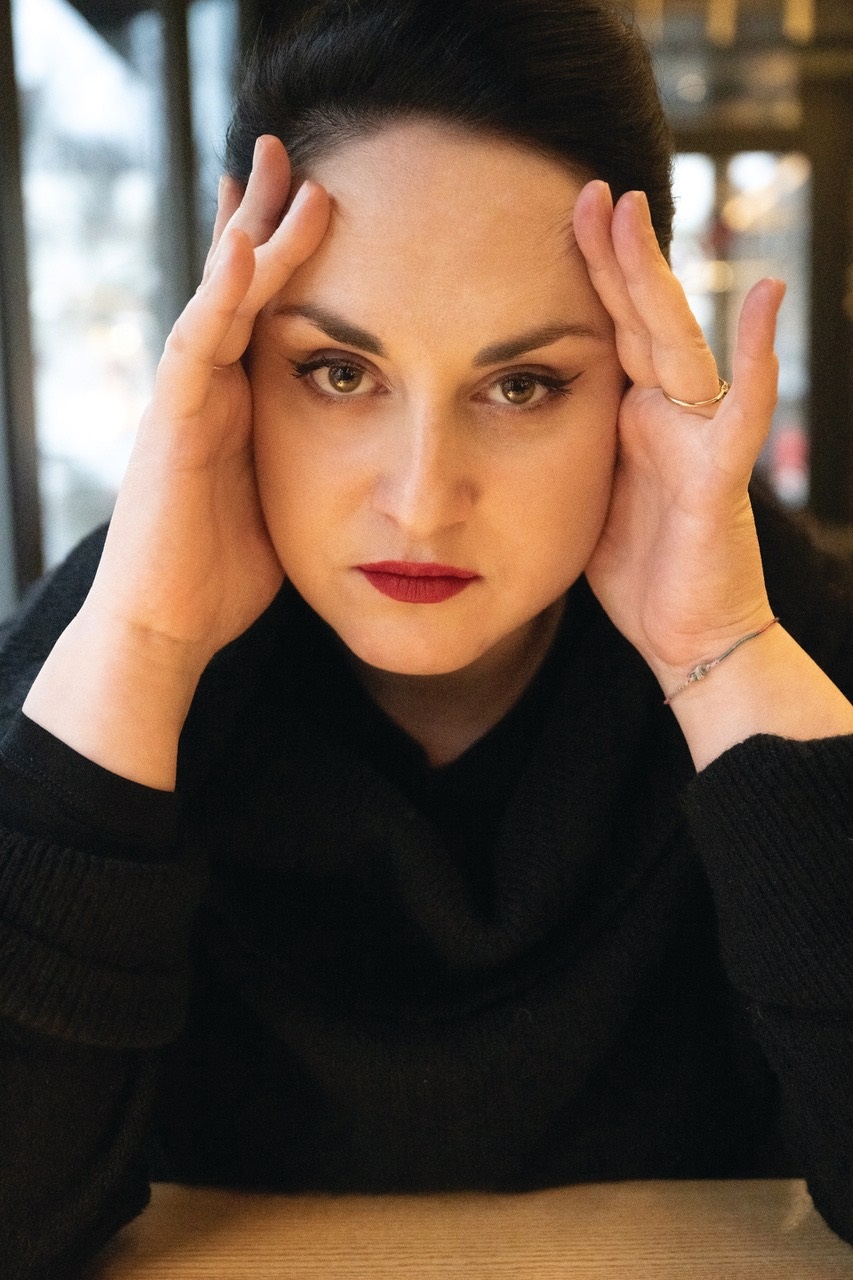
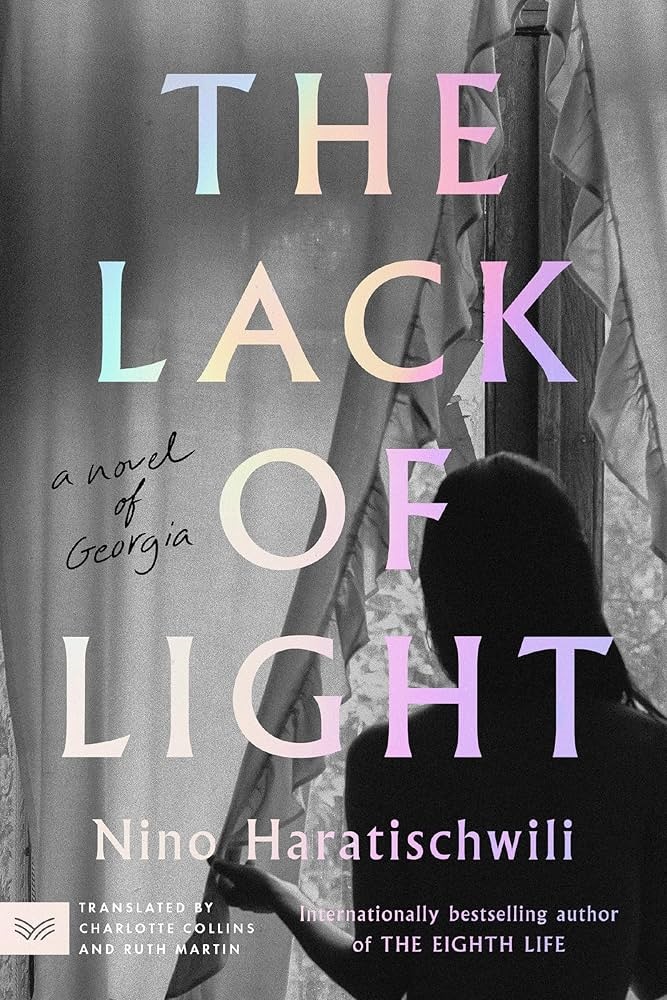 Book you're an evangelist for:
Book you're an evangelist for: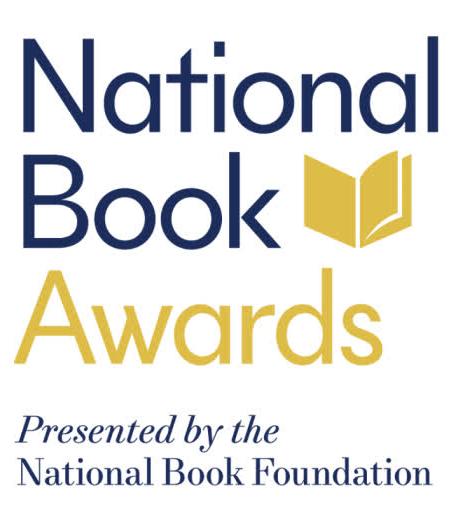 This week the
This week the 
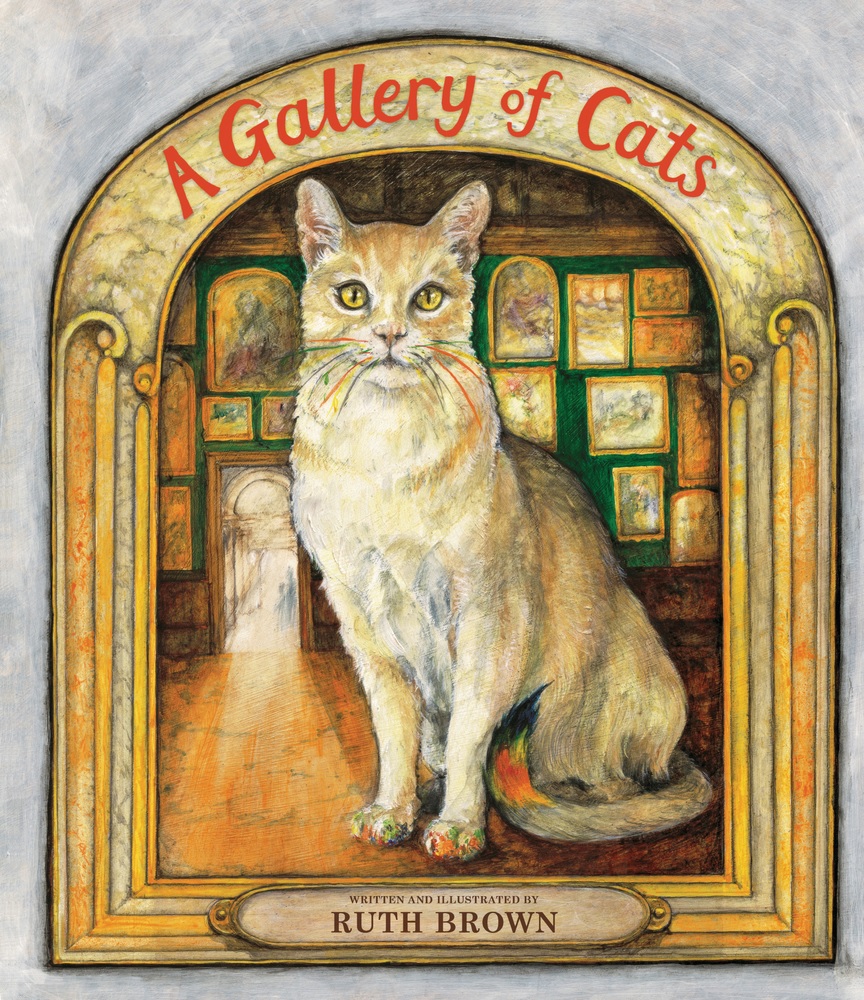 Beloved British picture book author/illustrator Ruth Brown (Eye Spy) pays homage to 13 famous artists in her magnificent picture book A Gallery of Cats, in which she takes readers on an immersive and whimsical tour of an art gallery with a feline focus.
Beloved British picture book author/illustrator Ruth Brown (Eye Spy) pays homage to 13 famous artists in her magnificent picture book A Gallery of Cats, in which she takes readers on an immersive and whimsical tour of an art gallery with a feline focus.